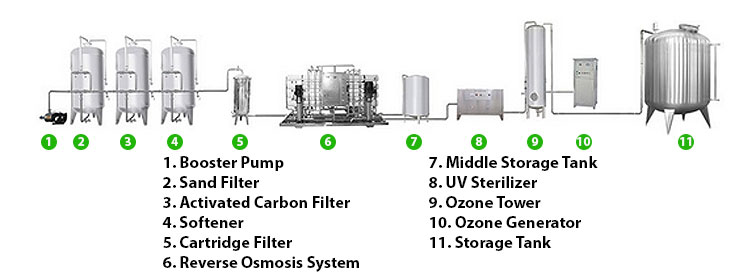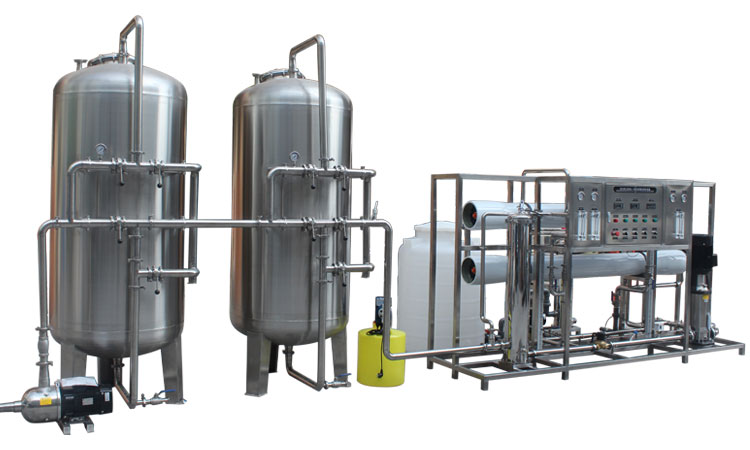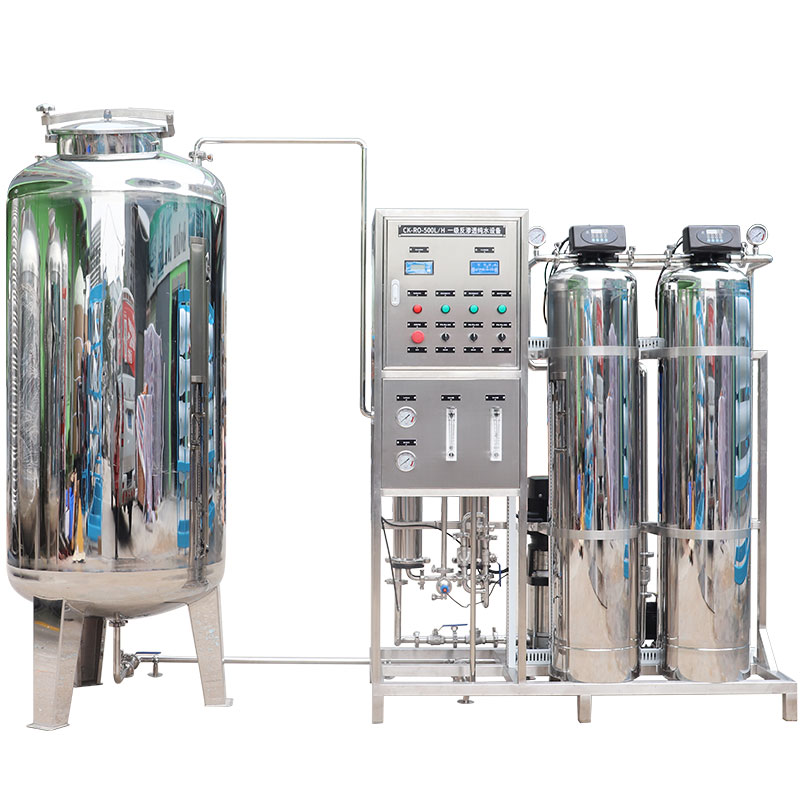What are the remedies of water pollution?
Water pollution is one of the serious problems facing today's society, affecting people's lives, health and environment. While facing the challenge of water pollution, people are also exploring various remedial measures to improve water quality and protect water resources. This article will delve into the remedial measures for water pollution, analyzing and introducing methods to solve water pollution problems from different perspectives.
Remedies of Water Pollution:
1. Water body management and protection
One of the remedies for water pollution is water treatment and protection. This includes efforts to monitor water quality, reduce pollutant discharges, and restore damaged water bodies to improve the quality and environment of water bodies.
2. Ecological restoration and reconstruction
Ecological restoration and reconstruction is one of the important means to alleviate water pollution. Through afforestation, wetland restoration, and river ecological restoration, we can improve the ecological environment around water bodies, promote the improvement of water quality, and restore aquatic life populations.
3. New technology application and research and development
The application and research and development of new technologies are crucial to solving water pollution problems. Including but not limited to advanced sewage treatment technology, water quality monitoring technology, pollutant treatment technology, etc. The application of these new technologies can effectively reduce water pollution and improve water quality.

What are the root causes of water pollution problems?
1. Industry and urbanization
A large number of industrial emissions and domestic sewage discharges during the process of industrialization and urbanization are one of the important causes of water pollution. Industrial wastewater and urban domestic sewage contain large amounts of organic matter, heavy metals and other harmful substances, causing serious pollution to water bodies.
2. Agricultural activities
The excessive use of agricultural chemicals such as pesticides, chemical fertilizers, and veterinary drugs in agricultural activities, as well as agricultural non-point source pollution, are also important causes of water pollution.
3. Emissions from daily life and production
Discharge from domestic production is another important cause of water pollution, including industrial production wastewater, domestic sewage, solid waste, etc., which may cause pollution to water bodies.

How to reduce and prevent water pollution?
1. Strengthen environmental management and monitoring
Strengthening environmental management and monitoring is one of the important means to prevent water pollution. By establishing a sound environmental management system and monitoring system and strengthening the monitoring and management of water pollution sources, the occurrence of water pollution can be effectively reduced.
2. Promote cleaner production and green development
Promoting cleaner production and green development is one of the effective ways to reduce water pollution. By adopting cleaner production technologies, promoting green lifestyles, and reducing pollutant emissions and resource consumption, the risk of water pollution can be reduced.
3. Strengthen laws, regulations and policy measures
Strengthening laws, regulations and policy measures are crucial to preventing and reducing water pollution. By establishing and improving relevant laws and regulations and increasing penalties for water pollution behaviors, the occurrence of water pollution problems can be effectively curbed.

Challenges and prospects of water pollution control
Although a series of water pollution control measures have been taken, many challenges are still faced. The challenges faced by water pollution control and future development prospects will be discussed below.
1. Difficulty and cost of governance
Water pollution control involves a wide range of areas and is difficult to control, requiring a large amount of manpower, material and financial resources. At the same time, the cost of water pollution control is also high, which requires the joint efforts and support of the government, enterprises and all sectors of society.
2. Technological innovation and management innovation
Facing the challenges of water pollution control, it is necessary to continuously promote technological innovation and management innovation, improve governance efficiency and level, and achieve a win-win situation of economic and environmental benefits.
3. Whole society participation and co-governance and sharing
Water pollution control is a complex system project that requires the participation and co-governance of the entire society. Governments, enterprises, social organizations and the public should jointly participate in water pollution control and form a joint force to jointly protect the water environment and achieve sustainable development goals.




